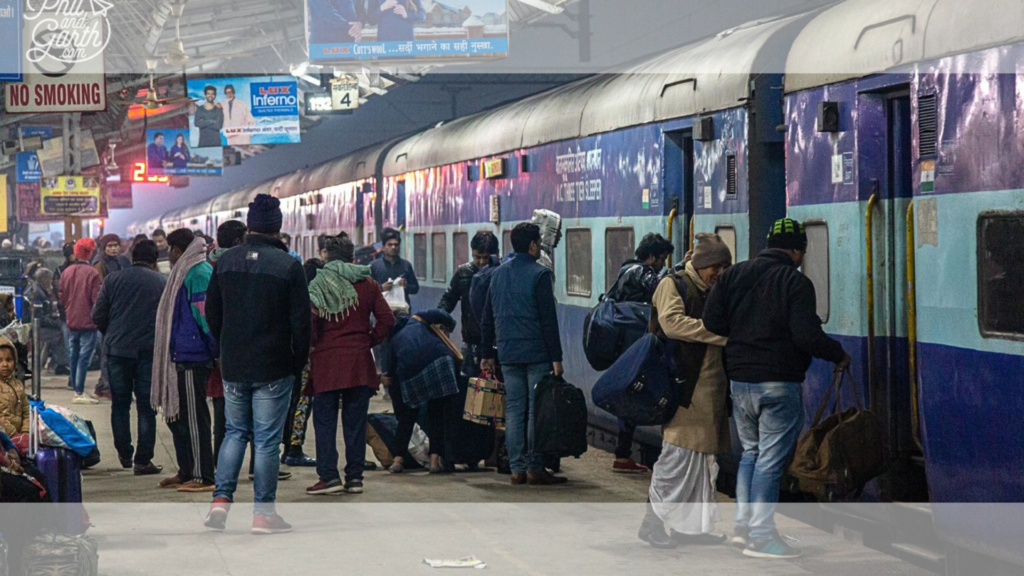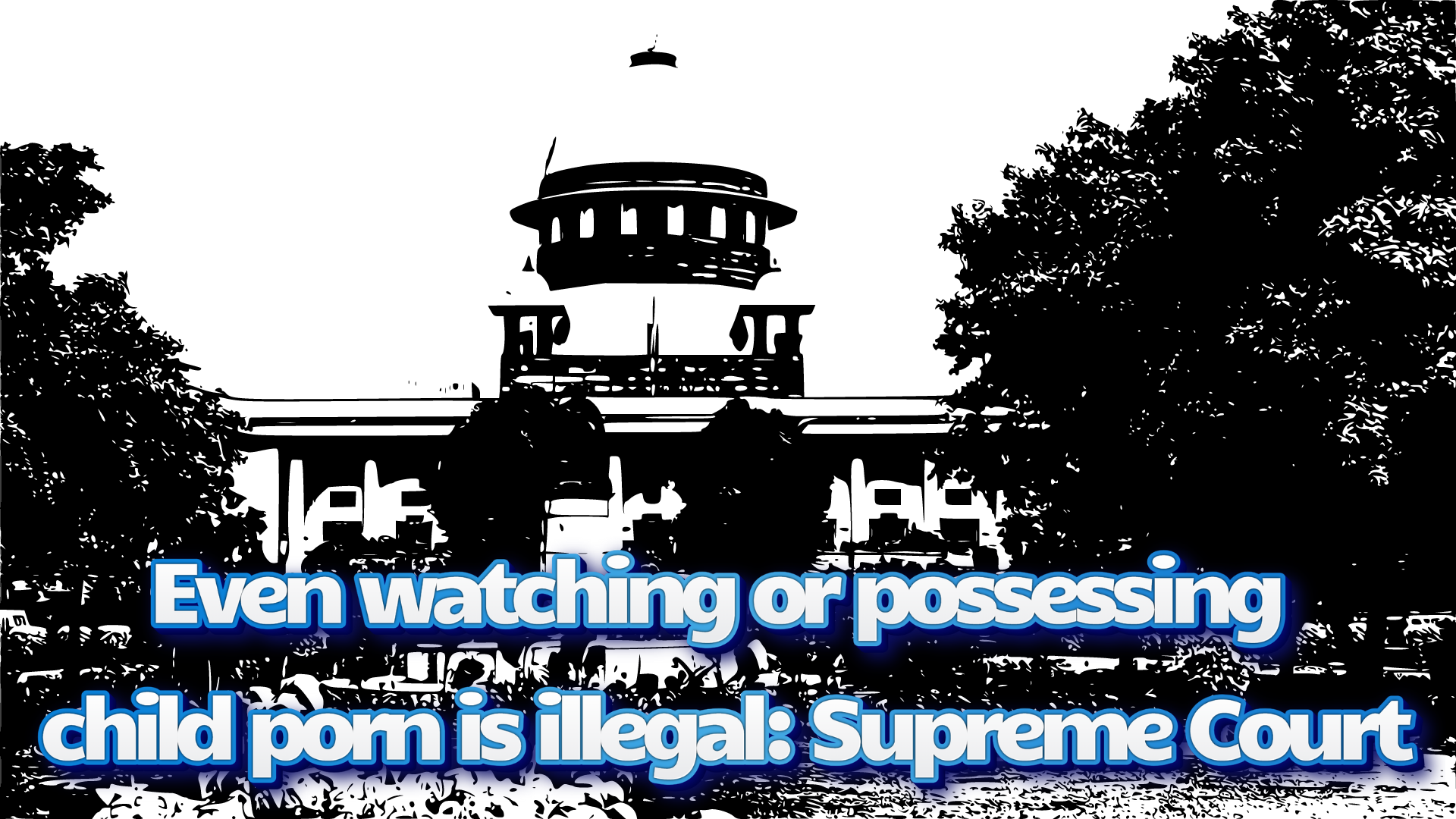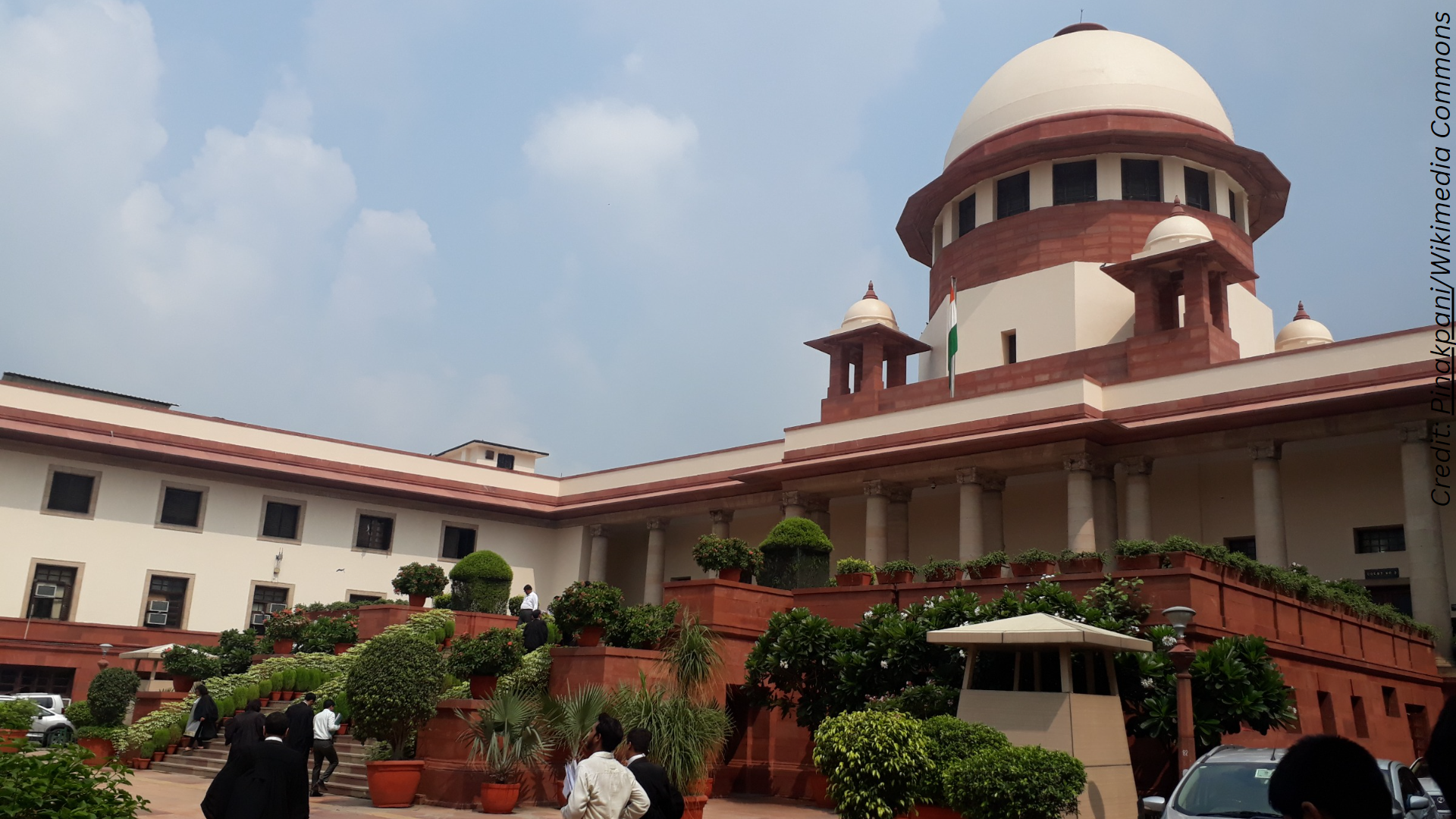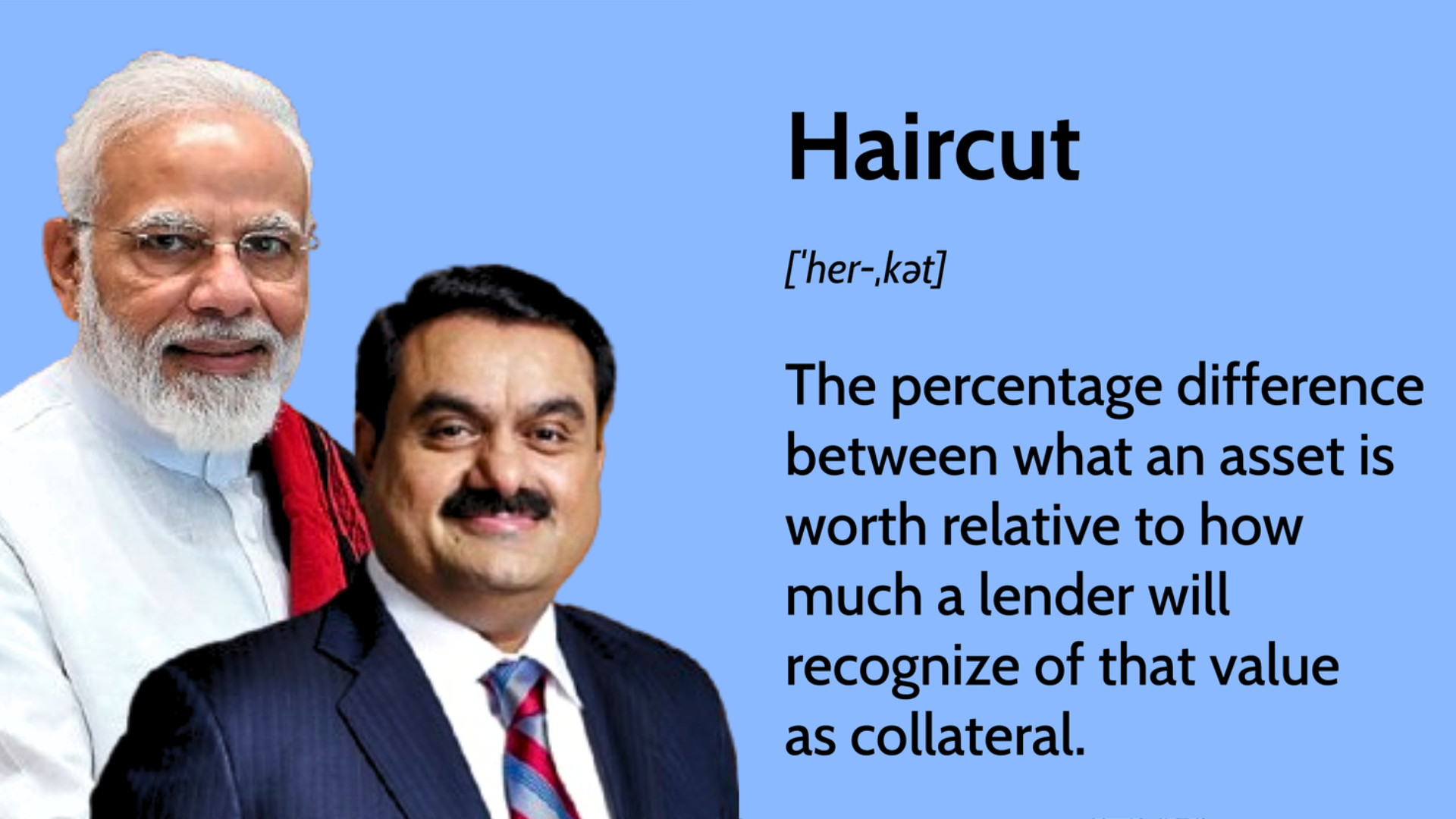Railways: Dynamic pricing inconveniencing passengers

There have been reports of prices of tickets for trains to Bihar and Jharkhand going through the roof because of increased demand as a result of the Chhath festivities. This has happened as a result of the dynamic pricing model adopted by the Indian Railways in 2016.
For example, a report in The Hindu quoted a would-be passenger as saying that sleeper class fare on the Mumbai-Patna Suvidha Express went up from Rs 800 to Rs 2,625, while a second AC (two-tier AC) ticket cost up to Rs 9,395.
There are many other examples as well, which have also been posted on social media.
Dynamic pricing means prices will increase when there is a demand for seats for any reason, like on flights.
The model was adopted by the Narendra Modi government to increase the profitability of the Railways. But one must remember that a public transport system run by a government can never have profitability as the primary aim. The primary aim should be to serve the public.
Of course, profitability has to be looked into but not at the cost of massive inconvenience to passengers, which the dynamic pricing model is causing. And because it is the Railways, the people who are being affected to a large extent are the poor.
Former Union Railways Minister and the current Bengal chief minister, Mamata Banerjee recently tweeted on this: “Sad to find that railway passenger fares are steeply increasing and even in Suvidha trains the fares are sometimes higher than air fares!! Where will common people go in case of emergencies?!”
Another tactic adopted to improve profitability as well as to facilitate dynamic pricing by increasing demand is to reduce (albeit gradually so as not to cause an uproar) the number of sleeper class berths in favour of higher-priced AC berths.
As reported, a few right to information (RTI) queries have revealed this. For instance, on the Howrah-Chennai Route, from 73 per cent sleeper coaches and 27 per cent AC coaches in 2009, the ratio in 2022 had changed to 56 per cent is to 44 per cent.
Another fact that has helped the Railways to increase profitability to the detriment of the common people is the cancellation of trains.
An RTI application filed by Bihar-based activist Kanhaiya Kumar has revealed that in the last four-and-a-half years, the Indian Railways has cancelled up to 1,16,060 mail or express trains, which is an average of three trains every hour. In FY 2023-24, an average of 62 trains were cancelled per day.
“Passengers whose tickets get auto-cancelled are those who wait until four hours before the travel chart is prepared. Railways is unable to allot them a berth, but also deducts cancellation charge, how is it fair to them?” Chandrasekhar Gaur, a Madhya Pradesh-based RTI activist told The Hindu.
Thankfully though, the Railways might be listening to people’s complaints. As per a report in Outlook Traveller, the flexible-fare structure in the premium Suvidha trains might be discontinued. Suvidha is a high-speed train service, Suvidha, runs on the most crowded routes, guaranteeing confirmed tickets and holding precedence over superfast, mail, and express trains.







